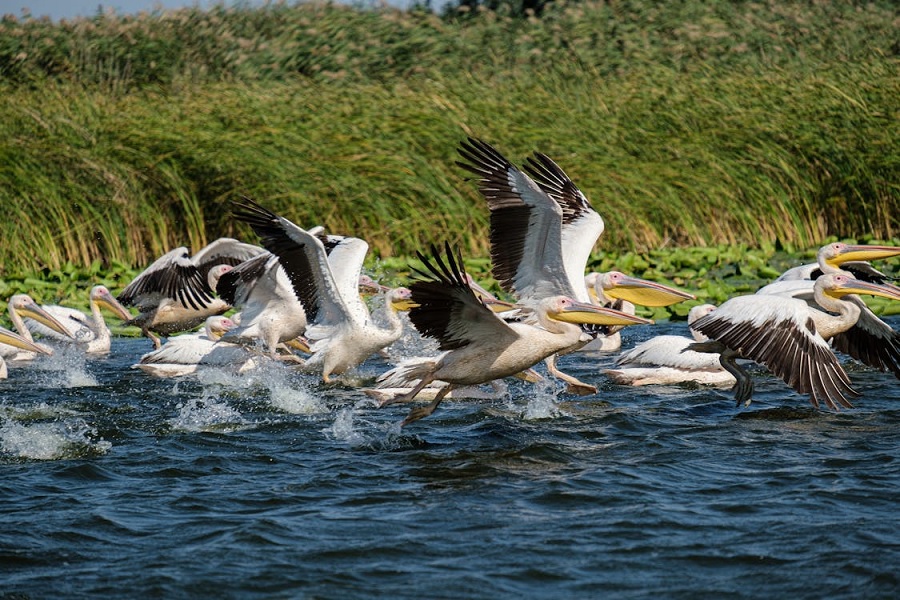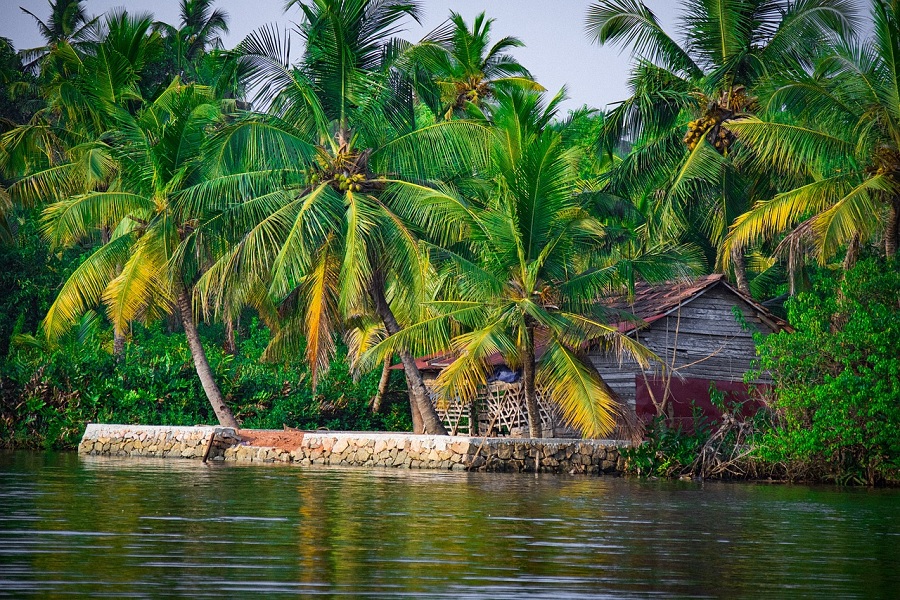Ecotourism: Exploring the World While Protecting It

Ecotourism is a growing global movement that emphasizes sustainable travel to natural areas, ensuring that tourism positively impacts the environment, supports local communities, and preserves biodiversity. With more people becoming aware of environmental issues, ecotourism offers a way to enjoy nature while also taking responsibility for protecting it.
What is Ecotourism?
Ecotourism is travel to areas that are often less-explored and prized for their natural beauty and biodiversity. However, it is more than just visiting these places—ecotourism encourages travelers to respect local cultures, support conservation efforts, and contribute to the sustainable development of the area. This form of tourism is environmentally responsible and aims to minimize its footprint on the earth. The goal is to reduce the negative effects of tourism on fragile ecosystems and instead promote conservation, education, and community empowerment.
Why Ecotourism Matters?
The significance of ecotourism lies in its ability to balance tourism and environmental conservation. Many ecosystems around the world are under threat due to industrial development, overexploitation, and climate change. Ecotourism helps to generate income for conservation efforts by drawing attention to these areas' natural value. It encourages responsible travel practices such as reducing waste, conserving water, and respecting wildlife.
Moreover, ecotourism provides an opportunity to educate travelers about local wildlife, plant species, and ecological issues that they may not have encountered before. By raising awareness, ecotourism fosters a deep connection with nature, encouraging people to become stewards of the environment.
Top Ecotourism Destinations
Costa Rica
Costa Rica has long been considered a pioneer in ecotourism. The country’s extensive rainforests, rich wildlife, and active volcanoes attract visitors seeking both adventure and tranquility. Costa Rica's commitment to conservation is evident through its national parks and protected areas, making it one of the best destinations for eco-friendly travelers.
Bhutan
Bhutan’s government has integrated ecotourism into its national policy, with an emphasis on maintaining cultural traditions and preserving nature. Known for its stunning landscapes, Buddhist temples, and rich wildlife, Bhutan’s eco-friendly approach ensures that tourism remains sustainable and beneficial to local communities.
New Zealand
Renowned for its natural landscapes, New Zealand offers eco-conscious travelers everything from lush rainforests and rugged mountains to pristine beaches. The country’s focus on sustainability is reflected in its vast network of protected parks and reserves, as well as initiatives to promote sustainable travel practices.
Kenya
Kenya is a leading destination for eco-tourists looking to experience its vast savannahs, wildlife-rich national parks, and game reserves. Through responsible wildlife tours and community-based projects, ecotourism in Kenya helps fund conservation efforts and supports the livelihoods of local communities.
India
India has several ecotourism initiatives that highlight the beauty of its forests, mountains, and coastal regions. Places like Kerala’s backwaters, Uttarakhand's Jim Corbett National Park, and the Andaman Islands offer travelers the chance to experience both nature and culture in an eco-friendly way. The Indian government’s emphasis on preserving natural resources through sustainable tourism projects continues to grow.
How Can Travelers Contribute to Ecotourism?
Support Eco-friendly Accommodations
Choose eco-conscious accommodations that implement energy-saving initiatives, use local and organic produce, and focus on waste management. Many eco-lodges and green hotels promote sustainability by employing low-impact building materials and offering eco-tours.
Respect Wildlife and Nature
Always follow the local guidelines for wildlife viewing, and refrain from disturbing natural habitats. Avoid activities that exploit animals for tourism, such as elephant rides or animal performances. Respecting nature ensures that wildlife is protected for future generations.
Limit Your Carbon Footprint
Opt for eco-friendly modes of transport, such as walking, cycling, or using electric vehicles. If flying is necessary, consider carbon-offsetting programs or reducing the number of flights you take. Additionally, practice energy conservation during your travels.
Participate in Conservation Programs
Many ecotourism destinations offer programs where visitors can contribute to conservation efforts, such as tree planting or wildlife monitoring. These activities allow travelers to give back to the community and environment they are visiting.
The Future of Ecotourism
As the world continues to grapple with environmental degradation, ecotourism is expected to grow and become even more crucial. Increased awareness about climate change, biodiversity loss, and environmental sustainability is driving demand for eco-conscious travel options. The tourism industry is increasingly adapting to meet the needs of ecotourists by offering more sustainable options for travel, accommodation, and activities.
Ecotourism is no longer just a trend; it’s an essential part of preserving our planet for future generations. By making informed choices and supporting sustainable initiatives, travelers can enjoy the wonders of the world while ensuring they are contributing to its protection.























